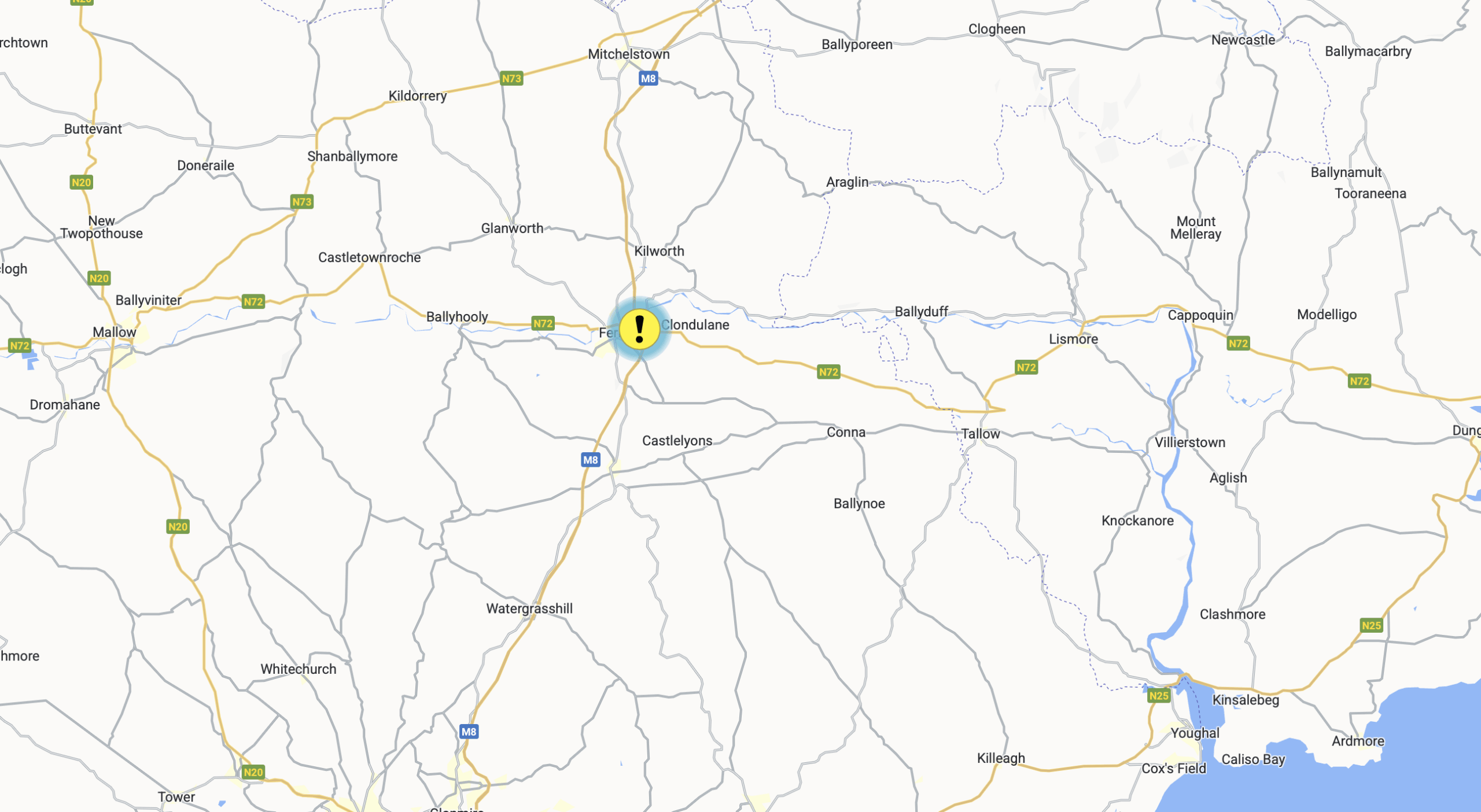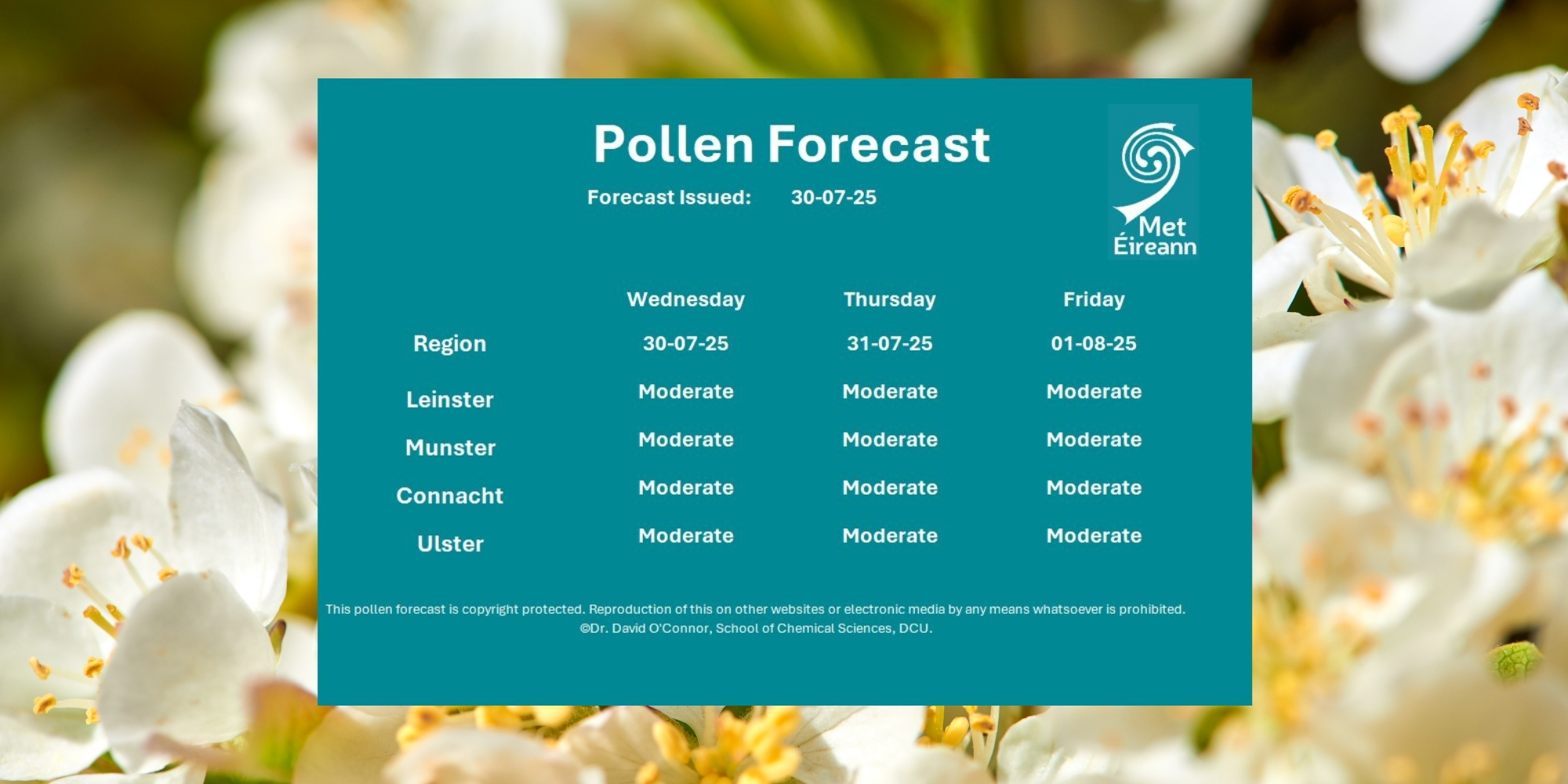HSE Launches Campaign to Combat Stigma Around Rare Cancer Affecting 60 Irish Men Annually
HSE launches new campaign to combat stigma around rare cancer affecting 60 Irish men yearly. Early detection saves lives. Know the signs.

- New awareness drive urges men not to delay seeking help for penile cancer symptoms as early detection proves crucial for survival and quality of life
The Health Service Executive has launched a vital new awareness campaign this Men's Health Week to tackle one of the most stigmatised cancers affecting Irish men. The "Know the Signs" initiative aims to break down barriers preventing men from seeking early medical help for penile cancer, a rare but aggressive disease diagnosed in approximately 60 men across Ireland each year.
The campaign features a powerful video testimony from Cormac France, a father of four from Kildare and penile cancer survivor, who courageously shares his experience to encourage others not to delay seeking medical attention.
Cormac France reflected on his diagnosis:
"I'm a very fit and active person. I used to do a lot of training. Because I don't smoke, I didn't think I would be a candidate to get cancer, never mind penile cancer, which is rarer again. Looking back from when I was diagnosed, I did notice, the six months or so previous, that's when the changes really started with weight loss, chronic tiredness, and as time progressed, the smell from my penis was horrendous, and then the penis started to split. That was due to the tumours. Cancer can reach every part of your body, and people have to realise that. To get the news is devastating, but there are people there to help."
Mr Ivor Cullen, Consultant Urologist and Lead of the National Penile Cancer Service at Beaumont Hospital, emphasised the critical importance of early intervention:
"These new resources are aimed at increasing knowledge of penile cancer among men. Although a rare disease, penile cancer is a very aggressive disease when it has spread. Penile cancer is, in large part, preventable, yet we're still seeing men present late because of stigma and lack of awareness. It's a sensitive subject, yes, but early detection makes all the difference, not just for survival, but for preserving function and quality of life."
The campaign highlights key warning signs men should watch for, including growths or sores that don't heal within four weeks, bleeding from the penis or under the foreskin, foul-smelling discharge, swelling or difficulty pulling back the foreskin, changes in skin colour, rashes or crusty bumps, and lumps in the groin area.
Alison Doran, Clinical Nurse Specialist in Penile and Bladder Cancer at Beaumont Hospital, outlined the primary risk factors:
"The main risk factors are men over 50 years of age, and infection with HPV, human papillomavirus, which is a significant risk factor. We would see over half of our cases linked to HPV. Smoking also increases the risk, and poor hygiene is another key factor. If a patient has a previous experience of phimosis, which is tightening of the foreskin, or if there's a build-up of smegma under the foreskin, that can create chronic inflammation and create cancer cells as well."
The disease predominantly affects men over 50, with early detection significantly improving both survival rates and the preservation of function and appearance. The HSE's National Cancer Control Programme has developed a comprehensive booklet titled "What I Need to Know About Penile Cancer" to help men, families, and healthcare professionals recognise symptoms early and understand available treatment options.
The campaign will run across HSE social media channels, with the practical guide available for free download or order at www.healthpromotion.ie.



